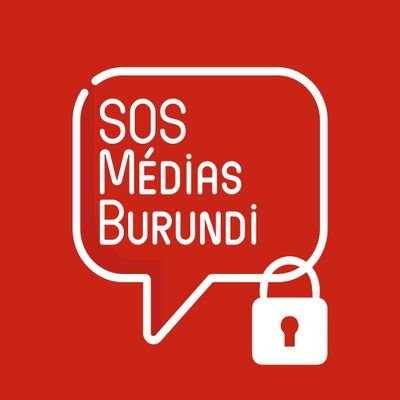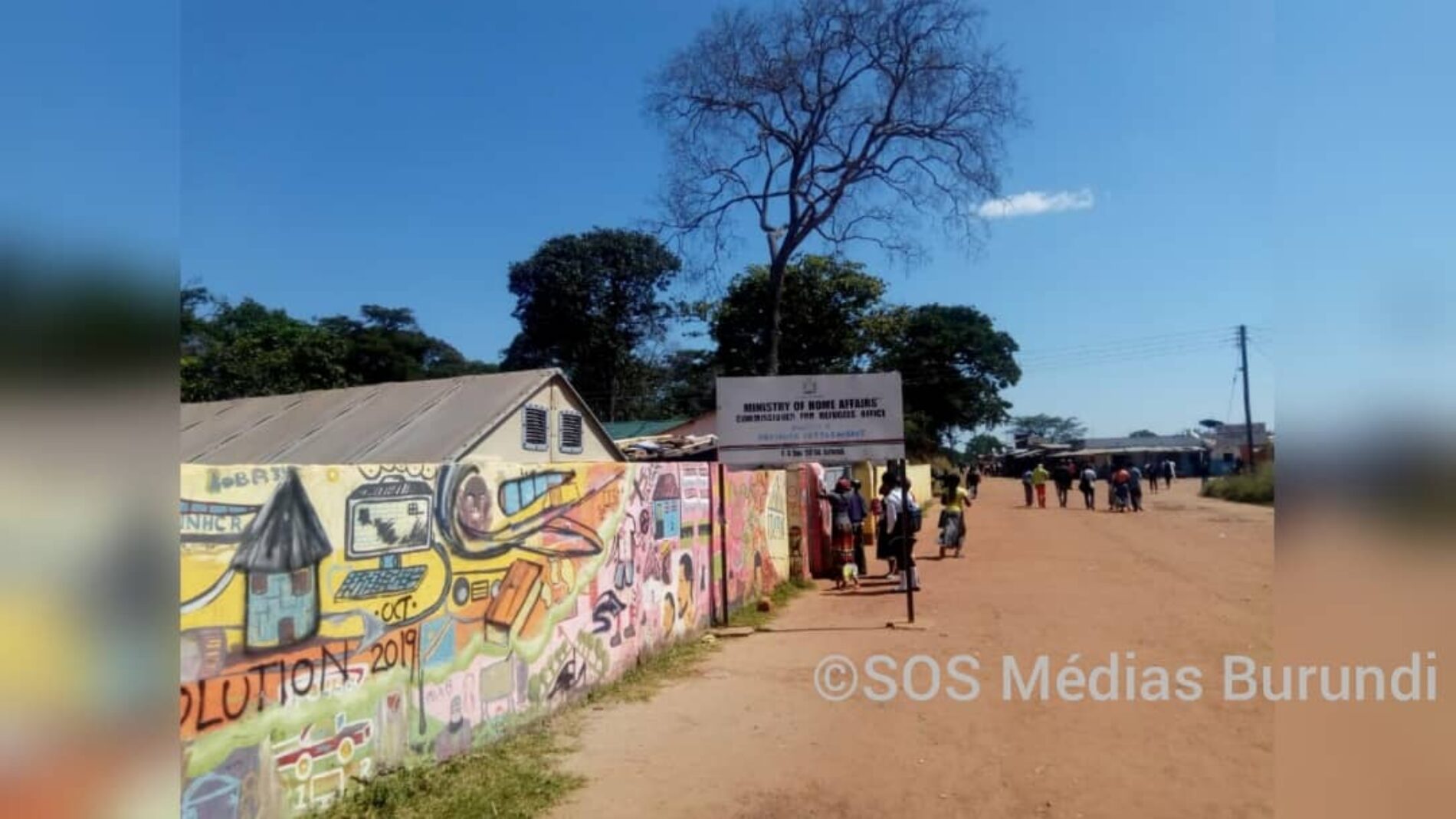Meheba (Zambia): real community recovery for an estimated population of over 5,000 people
More than 300 refugees, including Burundians, testify to community recovery supported by NGOs including Caritas. These refugees, for example, received capital to start a business. To these are added direct and indirect beneficiaries, which makes a total of more than 5,000 people who are said to have benefited from the project. INFO SOS Médias Burundi
Initially in 2019, around 100 refugees received each 3,000 Zambia Kwacha (167 USD) as a non-refundable credit.
“As the Covid-19 pandemic affected the project, Caritas was able to grant us a sum of 280 Zambia Kwacha (15 USD) per month for a semester to save us from using our capital for other needs. So we took off and for now, some of us can take care of our families without any problem and create jobs for other destitute refugees”, say Burundian refugees, beneficiaries of the project.
The second round concerns agriculture.
“Chemical fertilizers, selected seeds and a sum of 3000 Zambia Kwacha (167 USD) were granted. Unlike the first group, the second did not get the monthly batch of 280 Zambia Kwacha”, explain beneficiaries.
Other refugees have benefited from vocational training in carpentry, welding, baking or soap making.
“Caritas also helped us set up savings and credit cooperatives”, they rejoice.
Several refugees who have not had the opportunity to participate in this community recovery program are asking the UNHCR and its partners, including Caritas, to extend their project so that other destitute refugees can benefit from it.
In this context, World Vision has just agreed to help them.
“There is a need for a strict monitoring so that there are no people who are supported twice consecutively and that no one is the beneficiary of two or more projects at the same time”, advise refugees from Meheba.
The UNHCR and Caritas are pleased that an estimated population of more than 5,000 refugees has been reached by these community self-reliance projects.
For more than 27,000 refugees, including more than two thousand Burundians, who occupy the Meheba camp, the agricultural sector must be put forward by all community development projects because, being the lung of life in this camp which receives hardly any food assistance from the UNHCR.

